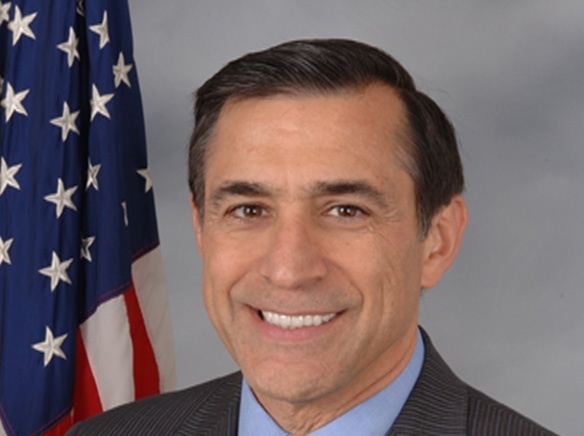On Sept. 5, the San Diego Workforce Partnerships held a press conference announcing its new program Career Pathways for Foster Youth. The program was made possible by a $5 million investment from the County of San Diego to help current and former foster youth ages 16-24 land their first job. This program ais in partnership with Promises2Kids, a local nonprofit dedicated to creating a brighter future for foster children, the Foster Alumni and Youth Community Empowerment Subcommittee (FAYCES), Access Inc., and Just in Time for Foster Youth.
In all aspects of their lives beyond work, including financial support with housing, mental care health, transportation, childcare and more, applications are open and available to current or former foster youth who live in San Diego County at www.workforce.org. San Diego Workforce Partnership Chief Programs Officer Khaleda Atta said this grant builds on the Workforce Partnership’s 25-year history of collaboratively serving foster youth.
“These partners that we work with work face-to- face with participants meeting with them where they are in their career journey and helping them meet their needs,” she said. “This new Career Pathways for Foster Youth program supports current and former foster youth during their transition into adulthood by providing them with the training and resources that they need to be successful in the workforce. This is done through continuing their education, teaching new job skills, providing long-term employment, and other resources provided. We are proud that this program is designed and led by individuals with lived experience that know firsthand as self-identified foster youth the struggles that are faced to achieve their goals. Together, we are able to create a program that meet the needs of each individual participant who may not have had equal access to quality jobs, and who may have faced added barriers to economic achievement.”
County Board of Supervisors Chair Nora Vargas said in San Diego County there are currently 2,518 youth in the child welfare system ages 0-21. Additionally, as of last week there were 162 youth ages 21-24 years old.
“Research shows that former foster youth often experience poor outcomes as young adults, including unemployment, academic achievement, higher rates of homelessness, or finding stable housing,” she said. “As a safety net for our communities we have said enough is enough. The County of San Diego has a responsibility to enhance the quality of life for all our residents, and to support and uplift all our vulnerable communities, particularly are populations facing disproportionate challenges by providing services and fostering community growth.”
Vargas said the program can support current and former foster youth individualized employment services to support vocational and career interests.
“Investment in our foster youth is an investment in the future of our community,” she said. “By providing them with the tools they need to thrive and succeed, we are breaking down barriers as we are creating a stronger and more resilient San Diego.” San Diego County Child and Family Well-Being Director Dr. Kimberly Giardina said they recently launched the department to center the voices of the experienced, community engagement, and focusing on family engagement and prevention services.
“But we want to be able to do a better job for those in our foster care system,” she said. “Many of our foster youth really face really difficult outcomes as they begin to transition and age out of our system. I think Career Pathways is our first time that we engaged with FAYCES to create the entire program. They took this from concept to implementation, making sure that former foster youth, those with lived experience in the system formed every step of what this system looks like, so that youth that will benefit after them get what is really needed into a successful transitional output.”
FAYCES Chair Simone Hidds- Monroe said she is a lived experience of the foster care system under the responsibility of County of San Diego Childcare Welfare Services, including Polinsky Childrens Center and San Pasqual Academy.
“Our belief is that every current and former youth is the expert in the system,” she said. “Our lived expertise must be at the forefront of every decision made by child welfare, juvenile probation, and our community organizations. We will continue to ask the question how that decision, policy, practice, or funding allocation influenced by us…This program is a step forward and toward breaking the cycle of generational poverty.”














